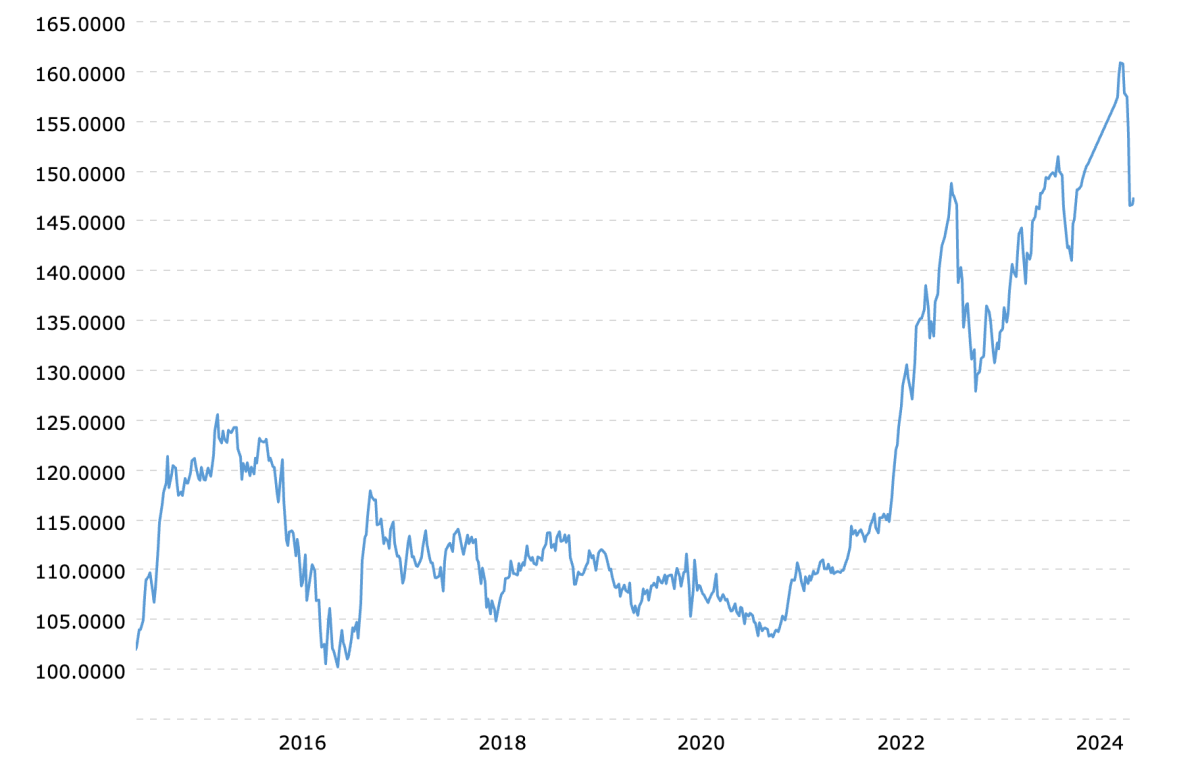More Than Just Skill
An explanation of the importance of sports psychology
Mardy Fisher, tennis player for the United States says, “Mental health is not a very easy thing to talk about in sports. It’s not perceived as very masculine. We’re so trained to be “mentally tough,” in sports. To show weakness, we’re told, in so many words, is to deserve shame. But I am here to show weakness. And I am not ashamed.” Many athletes struggle with their mental and physical health due to the stress and anxiety that can come with participating in sports. However, the issue of mental health in athletics is not one that is often addressed. Mental health is stigmatized in athletics due to the demand on athletes for mental toughness. However, it is important that the mental health of athletes is brought into the spotlight moving forward.
Sports psychology is the study of how mental health affects performance, and the impact of exercise and physical exertion on mental and physical wellness in athletes. Sports psychologists are available to help athletes lower stress and anxiety levels by analyzing their mindsets when it comes to practice and performance. Athletes tend to beat themselves up when they believe that they did poorly or failed their team. This reaction is a result of sports deeming a “winner” and “loser” in every event. A sports psychologist would be able to help break down how athletes are feeling and find more constructive ways to process their emotions. By doing this, these individuals will develop better coping mechanisms and thought processes, which will in turn improve their all-around health. Without sports psychologists, many players would not play at their full potential. It takes more than skill and physique to be a star athlete. If an athlete’s mental health is suffering, they will not be able to perform as well as they expect.
There are many athletes that strive to play in major or minor league sports, but never will because of the stress and pressure that comes with elite level athletics. Being an athlete is not just money and recognition. With fame comes “haters” and people who would like to see you fail. Not only that, but the pressure that comes with maintaining a healthy balance between your career and your personal life can influence mental health as well. Even as a college or high school student, keeping good grades, working out attending practices, having a job, and keeping up a social life can all affect your well-being. This is why sports psychology is important. A sports psychologist should always be the first option for athletes when they feel that they are struggling with their mental health. No matter who you are, your mental health should always come first.

Montrell is a sophomore at Richwoods and is involved in student council, Scholastic bowl, Spanish club, and is the Vice President of Key Club. Montrell...

Audrey is a senior at Richwoods and is a raging antisocial. She is in student council, KISA, and Film Club. Audrey's favorite food is pizza, specifically...




































